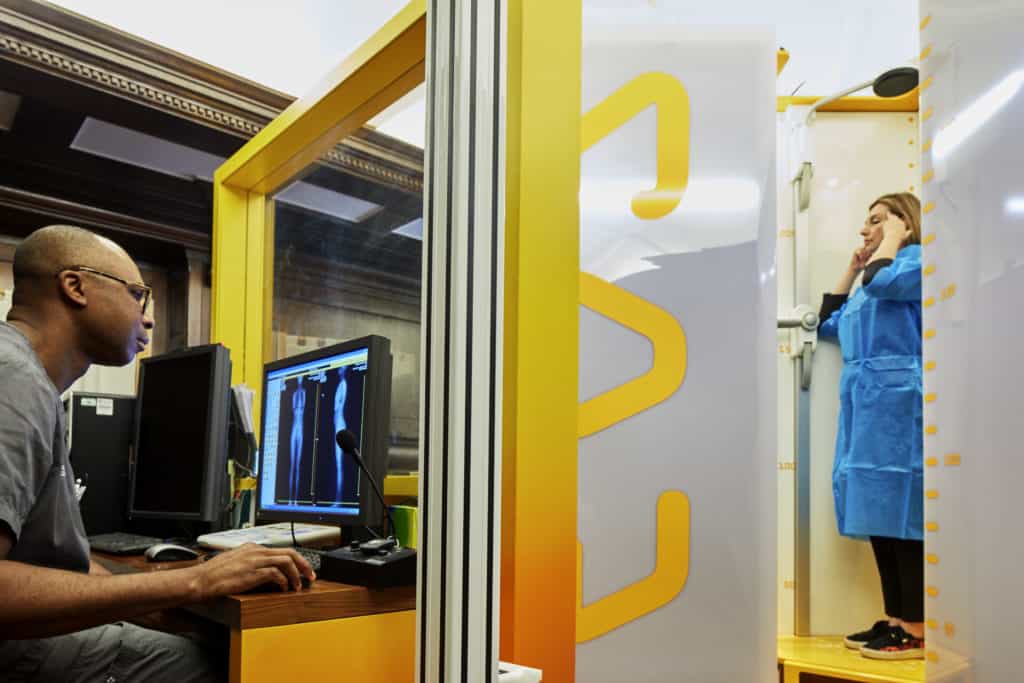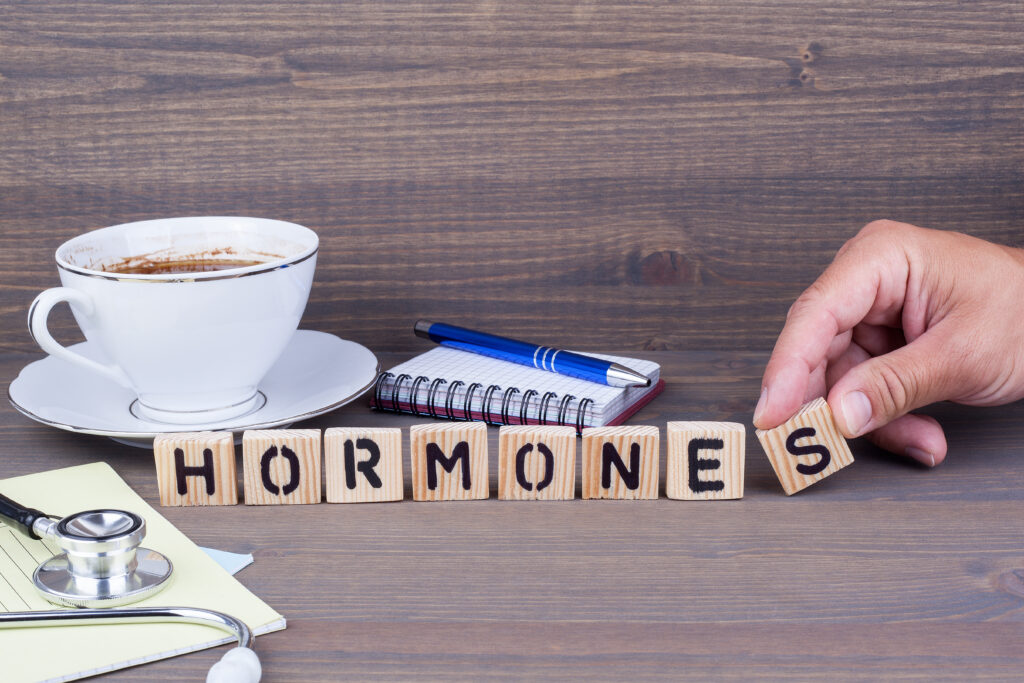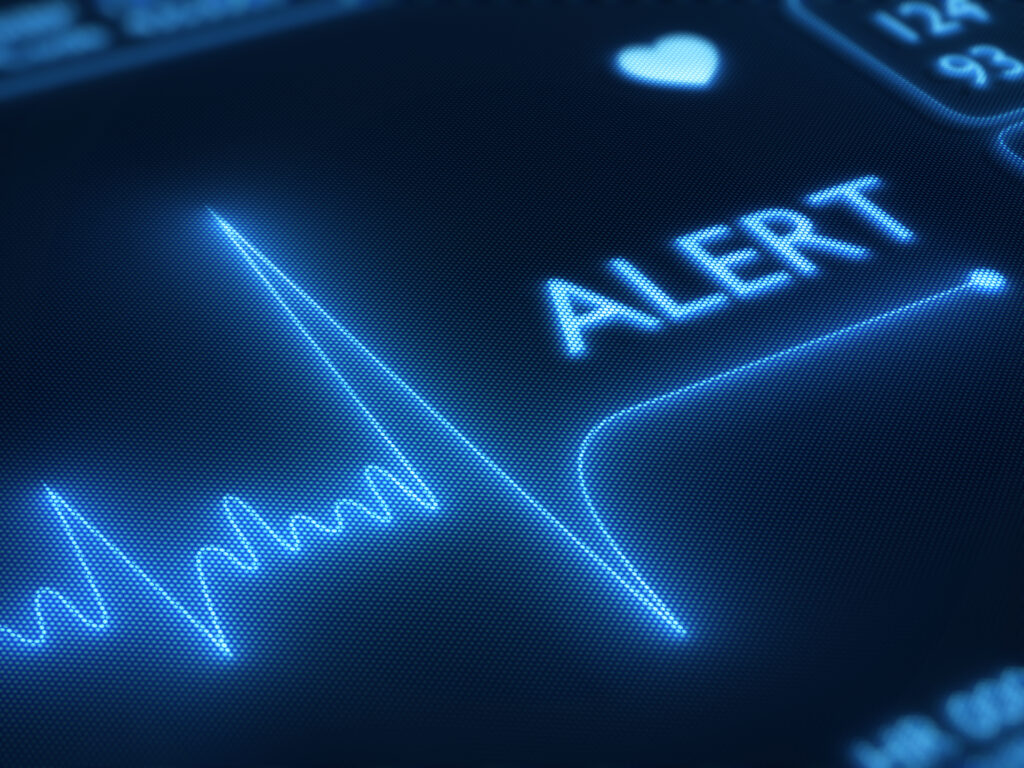An EOS scanner is a very sophisticated CT scanner ideal for imaging the musculoskeletal system whilst the patient is in a weight-bearing position. This makes it fantastic for assessing conditions of the spine, hips, and lower extremities as well as investigating the causes of lower back pain and sciatica for example.
Rare for its expense, ultra-low radiation and Nobel Prize winning detector technology, there are currently only a few EOS scanners in operation in the whole of the UK. Fortunately, if you need an EOS scan in London, Echelon Health use one which is housed in our Harley Street Centre and owned by our partner, European Scanning Centre.
Read on for everything you need to know about EOS scans, or to enquire about our Health Assessments, click the button below:
Make an Enquiry
What is an EOS scan?
The full name of this technology is the EOS dual source upright CT scanner. To break that down:
Dual source – two X-ray beams scan the body at the same time, providing frontal and lateral (sideways) images.
Upright – the patient stands or sits in an upright position. Weight-bearing scans provide useful physiological insight.
CT scanner – like all CT scanners the EOS scanner uses X-Rays to generate cross-sectional images of the body. However, EOS scans can be digitally reconstructed into 3D images.
EOS – a medical imaging system which aims to provide high resolution images whilst limiting the X-ray radiation the patient is exposed to a very low level. It does this by utilising Nobel Prize winning detector technology derived from the CERN project.
If you require an EOS scan in London, look no further than Echelon Health where EOS scanning is included in our Premium Health Assessments and corporate services depending on arrangements.
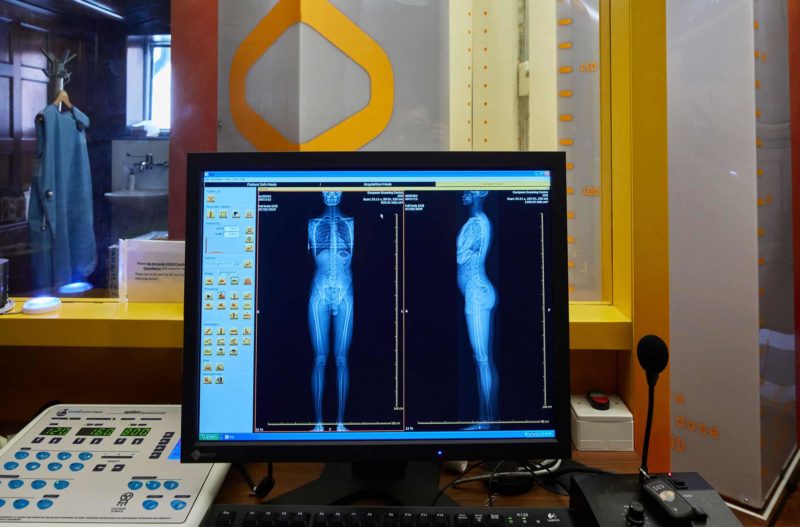
How does an EOS scan work?
During the scan, the patient stands or sits in an upright position inside of the scanning cubicle. The dual source X-ray beams – located at 900 to each other simultaneously move over the part of the body being imaged, usually the entire spine and lower extremities. This allows for two dimensional (2D) and three dimensional (3D) images to be produced without the patient having to reposition within the scanner.
There is also the added benefit of the EOS scan imaging the body in its weight-bearing position. All other scans of the musculoskeletal system (except for the ESC upright MRI scanner) are performed with the patient lying on their back. This allows fantastic analysis of conditions and deformities, such as those of the spine, under the effects of gravity.
Therefore, the 3D reconstructions of individual bone position, rotation and orientation make for an unrivalled assessment of the musculoskeletal system in its weight-bearing position.
EOS scans are fast. In fact, frontal and lateral (side-view) EOS images of the entire body can be taken in less than twenty seconds, with the entire procedure and set up being less than four minutes.
What does an EOS scan show?
Computer-generated 3D reconstructions of the spine, hips and legs in their weight-bearing position allows them to be viewed in their true size, volume, lengths and angles. This allows bone size and rotation, joint alignment and postural assessment to be analysed along with many other parameters.
The EOS scan is useful when symptoms are occurring, such as sciatica or if you have a condition such as scoliosis; however, an EOS scan may also detect issues you did not know were there.
If you undergo an EOS scan in London as part of an Echelon Health Assessment, you will probably be asymptomatic and thus anything worrisome that may be detected will likely be in its early stages. Early detection saves lives.
What can an EOS scan detect?
Conditions such as:
- Scoliosis – a sideways curvature of the spine
- Kyphosis – outward curving of the spine that causes the top of the back to appear more rounded than normal
- Other spinal deformities such as Scheuermann’s disease – a condition where the vertebrae grow unevenly
- a herniated disc – where a disc between the vertebrae ruptures
- hip dysplasia – where the “ball and socket” joint of the hip does not properly form, otherwise known as Developmental Dysplasia of the Hip (DDH)
- leg length discrepancy
- bow leg and knock knee conditions – where the legs are not in ideal alignment
- osteoporotic fractures or arthritic changes
- balance and posture complications
Symptoms such as:
- sciatica – sharp pain radiating from the sciatic nerve in the hips and legs, often down one side of the body
- back pain – including lower back pain
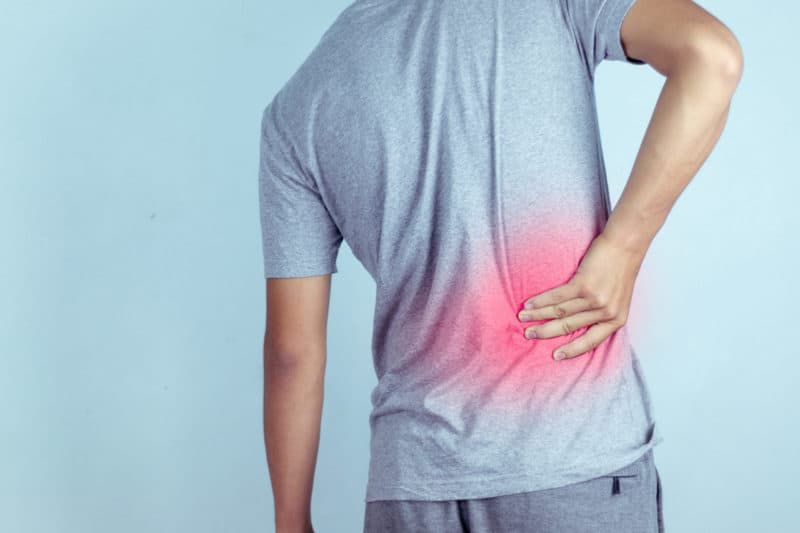
How safe is an EOS scan?
An EOS scan uses significantly less radiation than traditional X-rays or CT scans. Nobel-Prize winning detector technology – derived from the CERN project – is largely to thank for this. Because the detectors are so sensitive to photons, which are the electromagnetic particles in X-rays, fewer X-rays are required to produce detailed high-resolution images. Therefore, the patient experiences dramatically less radiation exposure.
Radiation exposure is also reduced because the EOS machine beams X-rays through very narrow slots which travel in narrow path towards the patient. This means only the part of the body being scanned is exposed to X-rays.
Where to get an EOS scan in London?
There are only a few EOS machines currently in operation in the UK. Therefore, if you require an EOS scan in London, Echelon Health is the place to be as it is included within our Premium and Evergreen Health Assessments.
At the heart of our philosophy is the notions that early detection saves lives. This is why our Health Assessments combine EOS with various other imaging techniques, each with unique advantages for detecting disease. This is in addition to a detailed medical history, ECG, blood tests for 40+ parameters and having your results looked over by up to seven specialist consultants, each renowned in their field. If anything is detected you will be immediately referred to a leading consultant to discuss treatment; if not you will still receive expert advice and an in-depth review of your overall health.
To book an Echelon Health Assessment, call us on +44 (0)20 7580 7688 or fill out the form below and we will be happy to answer any questions you may have.
Make an Enquiry
Sources
UPMC Health Beat – how the EOS makes scoliosis care easier
Hospital for Special Surgery – EOS imaging
